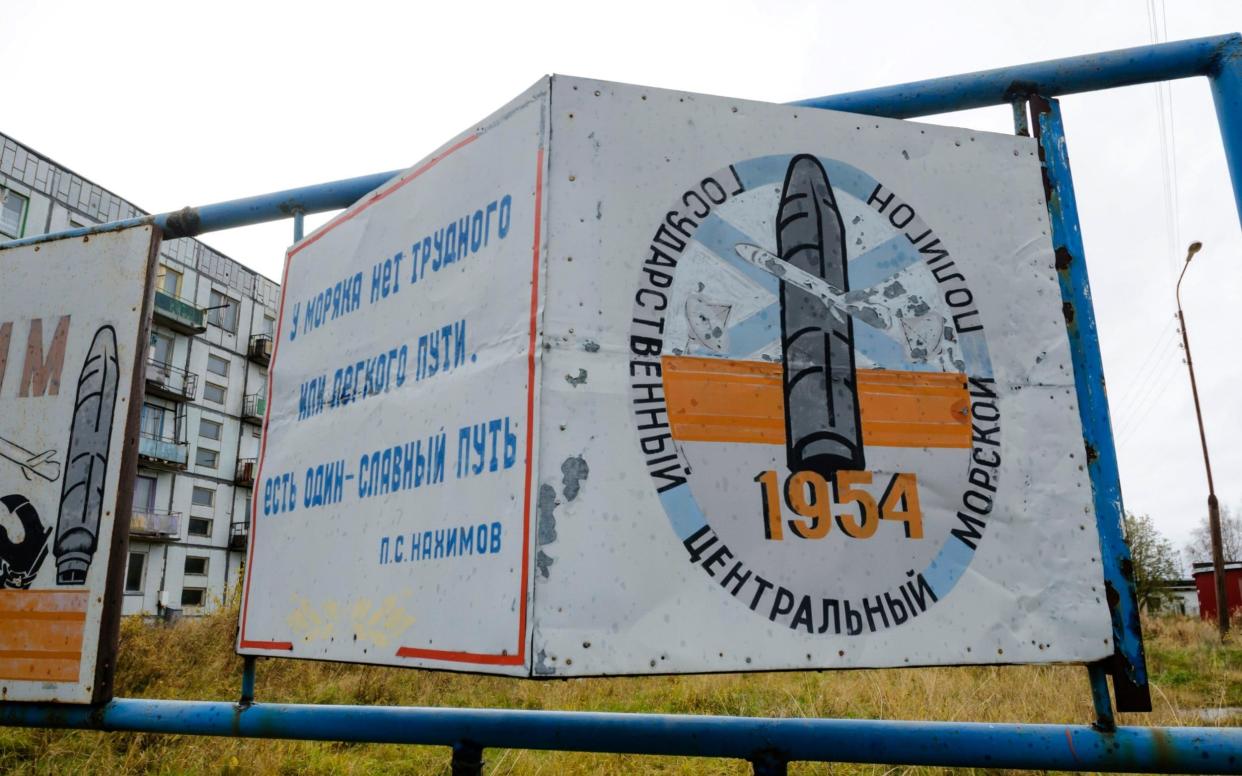Kremlin dismisses doctors' complaints they were exposed to radiation after blast

Doctors who treated the victims of a military test explosion have accused Russian authorities of carelessly exposing them to radiation and then forcing them to keep silent.
Staff from the Arkhangelsk regional hospital were not informed at first that they were treating irradiated patients, and protective measures were not taken until the next day, they told Russian media this week.
In some cases, staff said they were falsely told patients had been decontaminated.
One doctor was later found to have the isotope Caesium-137 in his muscle tissue. He was told he must have eaten too many “Fukushima crabs” during a trip to Thailand, his colleague told the news outlet Meduza.
Other patients at the hospital may also have been exposed, a doctor also told Meduza, speaking on condition of anonymity.
“We just want not to be contaminated and not to die, at least when it can be avoided easily,” he said. “Not a word was ever said about this."

FSB security agents reportedly pressured staff to sign non-disclosure agreements.
Radiation levels spiked this month in the northern Arkhangelsk region after an engine blew up at a missile testing site near the town of Nyonoksa, killing at least five people and injuring six in an accident that remains shrouded in secrecy.
Asked on Thursday whether the state was trying to clamp down on information about the accident, Vladimir Putin's spokesman Dmitry Peskov sparred back and forth with journalists and claimed that “someone wants to deliberately inflame media coverage, distort reality and present the situation as if there were implications of danger”.
If doctors were made to sign non-disclosure agreements, he added, they should “fulfil their obligation” and not speak to the press anonymously.

“(Mr) Putin is being given concrete information based on readings from instruments, based on an appraisal of the situation on the ground, an absolutely professional one,” Mr Peskov said. “And there's no reason not to trust this information.”
The defence ministry initially reported that two people had been killed when a “liquid-fuel reactive propulsion system” exploded, but the state nuclear concern then said five of its employees were dead.
The military also denied that radiation had spiked, but civilian authorities said gamma particle levels in the nearby military city of Severodvinsk had been more than tripe the safe limit for a half hour after the accident.
Activists have called for further testing in Nyonoksa itself and measurements of alpha and beta particles.

 Yahoo News
Yahoo News 
